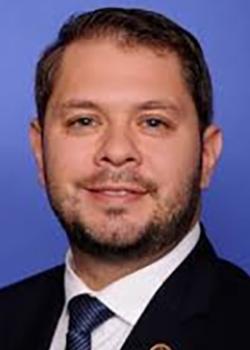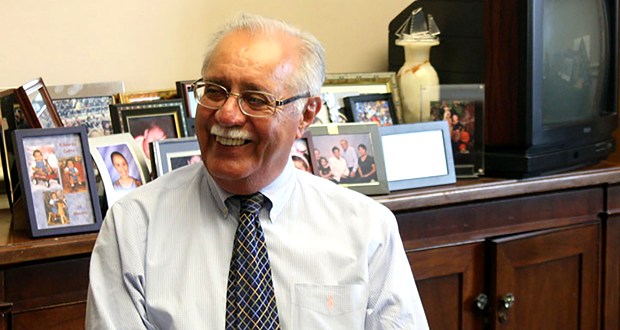Gov. Brewer says Ariz. wants Medicaid waiver
Paul Davenport, Associated Press//December 9, 2010//[read_meter]
Gov. Brewer says Ariz. wants Medicaid waiver
Paul Davenport, Associated Press//December 9, 2010//[read_meter]
Arizona Gov. Jan Brewer said Thursday she’ll ask for a waiver under the federal health care overhaul so Arizona can reduce its Medicaid rolls to lower costs that Brewer and...

















